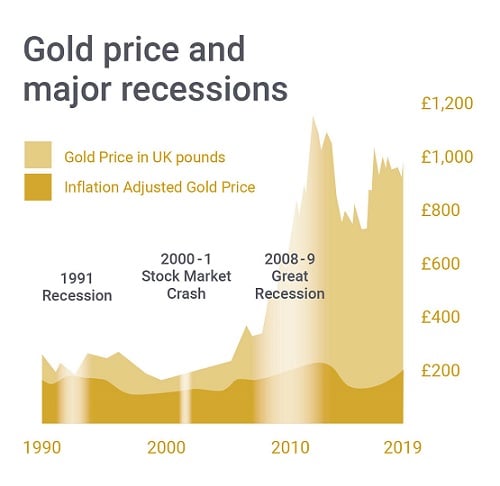Folks, hold onto your hats. The chickens are coming home to roost. A new study from the German Economic Institute paints a grim picture, revealing that Trump’s threatened ‘reciprocity tariffs’ could absolutely gut the German economy to the tune of €290 billion over the next four years. That’s not pocket change, people – that’s a serious blow. And it’s not just Germany feeling the pain; the entire European Union is staring down the barrel of a €1.1 trillion loss.

Let’s be clear: this isn’t some academic exercise. This is real money, real jobs, and real economic devastation looming on the horizon. Trump’s rhetoric about ‘fair trade’ masks a protectionist agenda that will ultimately hurt everyone involved.
Now, let’s unpack what ‘reciprocity tariffs’ actually mean, in layman’s terms. Essentially, it’s the idea that tariffs imposed by other countries on US goods should be mirrored by the US on those same countries. It sounds ‘fair’ on the surface, right? Wrong.
Understanding Reciprocity Tariffs:
Reciprocity aims for equal tariff treatment. However, global trade isn’t a simple tit-for-tat. Countries often have different economic structures and trade dependencies.
The implementation of these tariffs ignores the complexities of global supply chains. They can disrupt established trade flows and create uncertainty.
Even a limited escalation of tariff wars can significantly slow down global economic growth, impacting investment and consumer confidence.
In reality, it’s a recipe for escalating trade wars and economic chaos. We’ve seen this movie before, and it doesn’t end well. This is a dangerous game, and the economic fallout could be catastrophic. I’ve been warning you about this for months, and now we’re seeing the hard data confirming our fears. Prepare for volatility. This isn’t just a trade issue; it’s a global economic risk.





